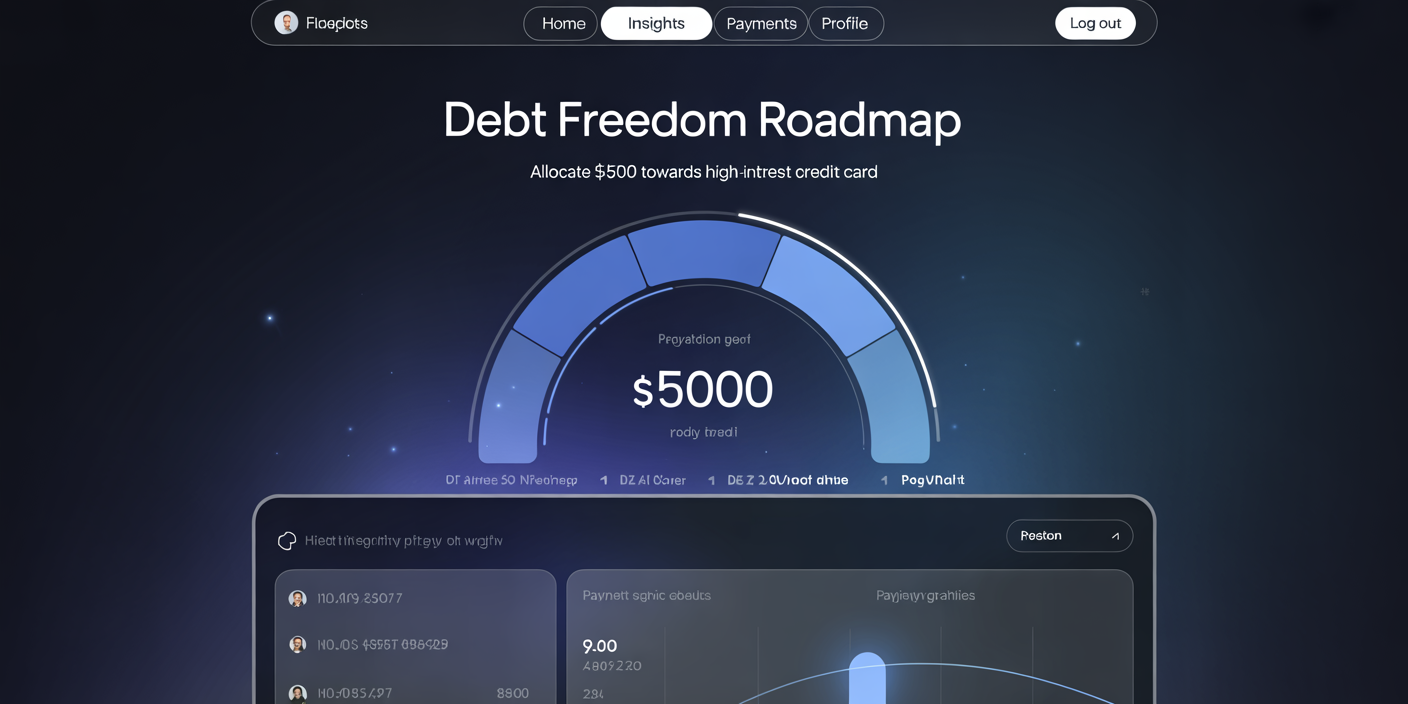Vacation Rentals: Is Airbnb a Good Investment in Current Market Conditions?
Anúncios
The vacation rental market has experienced remarkable growth over the past decade, largely fueled by platforms like Airbnb. Initially viewed as a disruptive force in hospitality, Airbnb has now become a mainstream option for travelers seeking unique, affordable, and flexible accommodations. Given the significant shifts in travel behavior post-pandemic and evolving economic conditions, investors and property owners alike are evaluating whether Airbnb remains a viable and lucrative investment. This article explores the current landscape of vacation rentals, focusing on how market dynamics influence Airbnb’s profitability and suitability as an investment.
Vacation Rentals in the Era of Travel Recovery
Following the global COVID-19 pandemic, the travel and hospitality sectors have been on a complex recovery journey. International restrictions easing and the resumption of business and leisure travel have reignited demand for short-term rental accommodations. According to Airbnb’s Q4 2023 report, the platform recorded a 28% increase in guest arrivals year-over-year, showcasing renewed traveler confidence.
Anúncios
Despite this resurgence, the vacation rental market faces new challenges. Rising inflation has affected discretionary spending, while some destinations experience tighter regulations on short-term rentals. Furthermore, competition from traditional hotels that have revamped their offerings and pricing strategies has intensified. These factors make it essential for investors to analyze market conditions carefully before committing to Airbnb investments.
Assessing Airbnb’s Financial Viability in 2024
Anúncios
Airbnb investment profitability largely depends on location, property type, and operational efficiency. Rental yields on Airbnb can differ substantially from those of long-term rentals, often offering higher monthly returns but accompanied by variable occupancy rates and greater management complexities.
A recent study by Mashvisor compared average rental yields between Airbnb and traditional leases across 50 U.S. cities. On average, Airbnb short-term rentals yielded 8-12% annually, compared to 5-7% for long-term rentals. Cities like Miami and Austin showed Airbnb yields close to 15%, driven by strong tourist influx and event-driven demand, while cities with strict regulations, such as New York and San Francisco, showed lower or negative yield differentials.

| City | Avg. Airbnb Yield | Avg. Long-term Rental Yield | Notes |
|---|---|---|---|
| Miami, FL | 14.7% | 6.3% | High tourism & events |
| Austin, TX | 13.9% | 6.0% | Tech hub, conventions |
| New York, NY | 4.1% | 5.9% | Stringent regulations |
| San Francisco | 3.7% | 6.5% | Short-term rental restrictions |
Operational costs also vary significantly. Airbnb hosts typically incur higher maintenance, cleaning, and utility expenses, alongside Airbnb service fees (~3% per booking). Additionally, property management services, often essential for investors who don’t self-manage, can cut into profits by an additional 10-20%. Therefore, while top-tier markets yield impressive returns, net profitability is sensitive to operational expenditure.
Regulatory Landscape: A Key Factor to Consider
One of the most critical elements impacting Airbnb investments is the evolving regulatory environment. Several cities around the world have introduced or tightened ordinances to control short-term rentals, aiming to preserve housing availability and reduce neighborhood disruptions.
For example, New York City significantly restricted Airbnb listings that are not primary residences, substantially reducing the number of legal listings. Similarly, Barcelona and Berlin enforce licensing systems with limited quotas. These restrictions directly affect the ability of investors to generate stable income from vacation rentals.
On the other hand, some destinations have adopted more balanced approaches. Cities like Orlando and Nashville actively support short-term rentals as a complement to traditional tourism infrastructure, offering predictable guidelines that help hosts operate within legal frameworks.

Investors should prioritize understanding local laws and obtaining necessary permits before investing. The risk of fines or demolition orders for illegal listings can jeopardize long-term asset performance and value.
Airbnb vs. Traditional Vacation Rentals: Cost and Effort Comparison
The choice between Airbnb and traditional vacation rental models involves evaluating upfront costs, ongoing management efforts, and guest interactions. Traditional models often involve property managers or agencies renting out properties on behalf of owners without the day-to-day guest management burden borne by Airbnb hosts.
| Aspect | Airbnb Rental | Traditional Vacation Rental |
|---|---|---|
| Upfront Listing Costs | Minimal (photography, furnishing) | Moderate to high (agency fees, contracts) |
| Marketing & Booking | Handled through Airbnb platform | Requires third-party marketing |
| Guest Interaction | Direct, with host communication | Managed by agency |
| Cleaning & Maintenance | Frequent turnover; hosts typically arrange | Periodic, usually after long-term stays |
| Revenue Potential | Generally higher due to premium pricing on short stays | Lower, but more predictable cash flow |
| Regulatory Compliance | Varies, often stricter | Usually aligned with hotel or lodging regulations |
Practical examples include hosts in popular vacation spots such as Maui, Hawaii, who leverage Airbnb to generate substantial monthly revenue, sometimes exceeding $7,000 per property in peak seasons. However, they report considerable time investment to maintain ratings and respond to guest needs.
Conversely, a cabin owner in the Smoky Mountains opts for a traditional vacation rental agency, preferring less intensive management and consistent bookings, trading off potential peak-season revenue for stability.
Market Risks and Mitigation Strategies
Investing in Airbnb properties carries inherent risks, including occupancy volatility, market saturation, and economic headwinds. The normalization of remote work has increased demand for longer stays and off-peak bookings, but many properties still experience seasonal fluctuations.
Another risk lies in platform dependency. Holding a portfolio solely on Airbnb exposes investors to policy changes, fee increases, or even platform disruptions. Diversifying by listing across multiple channels such as Vrbo, Booking.com, or direct-booking websites can mitigate this risk.
Economic factors such as rising interest rates and inflation also influence investment returns. According to Zillow, mortgage rates rose to above 7% in early 2024, increasing financing costs and reducing leverage benefits. As such, investors must factor in higher borrowing costs when projecting cash flows.
To mitigate risks, thorough market research, flexible pricing strategies using tools like Dynamic Pricing or PriceLabs, and maintenance of high-quality guest experiences can sustain occupancy and revenue. Understanding local market trends, including new developments and competitor activity, is also essential for agile decision-making.
Real-World Success Stories and Lessons Learned
Several investors demonstrate the viability of Airbnb investments under current conditions by employing strategic approaches. For instance, a property owner in Scottsdale, Arizona, reported consistent occupancy rates exceeding 70% year-round by targeting niche travelers such as golf enthusiasts and hosting unique experiences complementary to the rental.
Conversely, a host in downtown Chicago struggled with low occupancy after regulatory restrictions cut short-term rental days. They pivoted to longer-term corporate rentals, stabilizing income but reducing monthly yields.
These case studies underscore the importance of adaptability and market understanding. Leveraging robust analytics tools like AirDNA helps hosts forecast demand, set competitive prices, and adapt to changing traveler preferences.
What the Future Holds for Airbnb and Vacation Rentals
Looking ahead, the vacation rental market will likely continue evolving alongside traveler expectations and regulatory frameworks. Emerging trends point to increased focus on sustainability, personalized guest experiences, and smart home technologies enhancing property attractiveness.

The rise of hybrid rentals—properties combining short and medium-term stays—could become the norm, allowing hosts to optimize occupancy while navigating regulatory hurdles. Additionally, integration of Artificial Intelligence for automated guest communication and dynamic pricing will streamline operations, improving profitability.
Platforms like Airbnb are also expanding offerings beyond just lodging, venturing into experiences and longer stays, potentially broadening revenue streams for property owners.
However, long-term success requires careful monitoring of economic cycles, traveler sentiment, and local legislation. Investors who leverage data-driven decision-making, maintain compliance, and deliver superior guest experiences stand a strong chance of thriving in the competitive landscape.



Post Comment